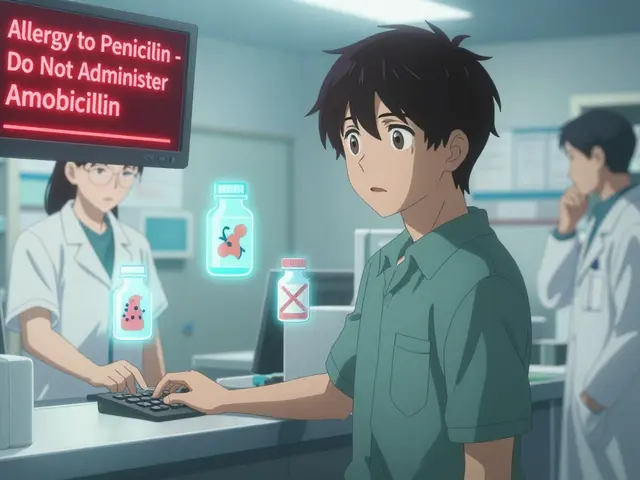Persistent Hiccups: What’s Going On and How to Stop Them
Got hiccups that just won’t quit? Most hiccups fade within minutes, but when they linger past 48 hours they become a real nuisance. You might feel embarrassed, tired, or even worried about what’s behind them. The good news is that in many cases you can figure out the cause and try a few easy tricks before calling a doctor.
Common Reasons Hiccups Stick Around
First, think about what you ate or drank before the hiccups started. Spicy foods, carbonated drinks, or a big gulp of alcohol can irritate the diaphragm and trigger a bout that lasts longer than usual. Stress and anxiety also play a part – when you’re tense the nerves controlling your breathing can misfire, leading to repeated hiccups.
Medical issues are another big factor. A sore throat, gastro‑esophageal reflux (GERD), or an infection in the lungs can keep the diaphragm irritated. Some medicines, especially steroids or certain chemotherapy drugs, list hiccups as a side effect. Less common but still possible reasons include a brain injury, stroke, or a tumor pressing on the nerves that manage breathing.
Even simple things like a sudden temperature change—drinking a hot coffee then a cold water—can create a brief hiccup spell that turns persistent if your body’s reflexes stay stuck.
Simple Ways to End a Persistent Hiccup
Before you reach for a pharmacy, give these home remedies a shot. Holding your breath for about 10 seconds raises carbon dioxide in your blood, which often resets the diaphragm’s rhythm. If that feels awkward, try sipping a glass of cold water slowly while pinching your nose. The combination of swallowing and a brief breath hold can break the cycle.
Another trick is to swallow a teaspoon of sugar. The grainy texture stimulates the vagus nerve and can calm the hiccup reflex. Some people swear by chewing a small piece of bread or a slice of lemon; the texture or sour taste provides a similar nerve‑reset.If you’re comfortable with a bit of a stretch, gently pull your knees to your chest and hold the position for a minute. This compresses the diaphragm and may stop the spasms.
When home methods fail after a day or two, it’s time to think about medical help. Persistent hiccups that last more than 48 hours could signal an underlying issue that needs treatment. Talk to your doctor if you notice any of these red flags: hiccups accompanied by chest pain, vomiting, fever, weight loss, or trouble breathing. Your doctor may order a chest X‑ray, blood tests, or refer you to a gastroenterologist or neurologist depending on what they suspect.
In a clinic setting, doctors sometimes prescribe muscle relaxants, anti‑nausea drugs, or even low‑dose antipsychotics to calm the hiccup reflex. These medications are usually short‑term and work well when the hiccups are truly stubborn.
Bottom line: most persistent hiccups have a simple cause you can address at home. Keep track of what you ate, stay relaxed, and try a few breathing or swallowing tricks. If the hiccups linger past two days or bring other symptoms, make an appointment. With the right steps, you’ll be back to normal conversation in no time.

Why Do We Get Hiccups? The Science Explained
Discover the real science behind hiccups, how the reflex works, common triggers, and when they turn pathological. Learn effective ways to stop them.




